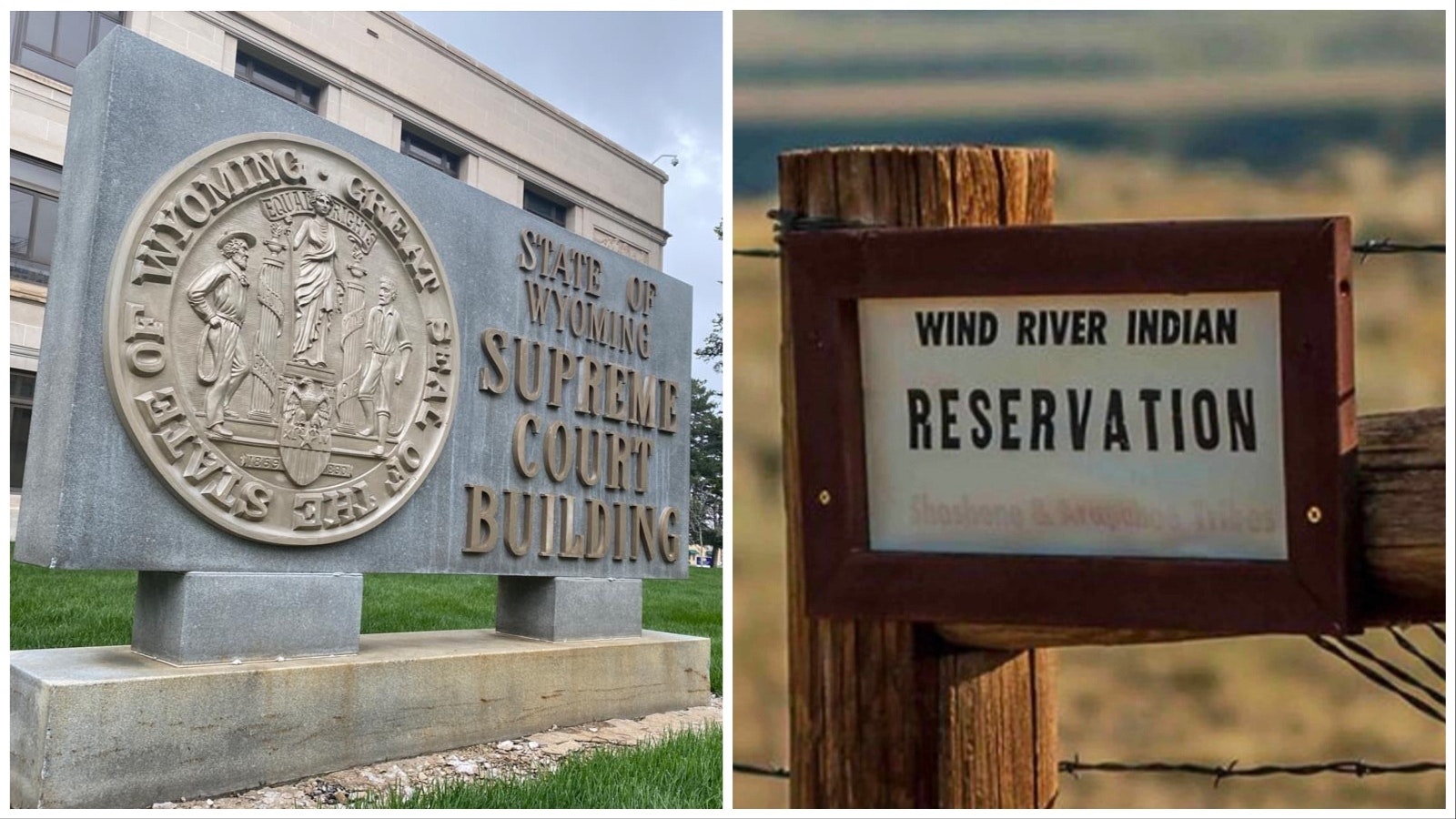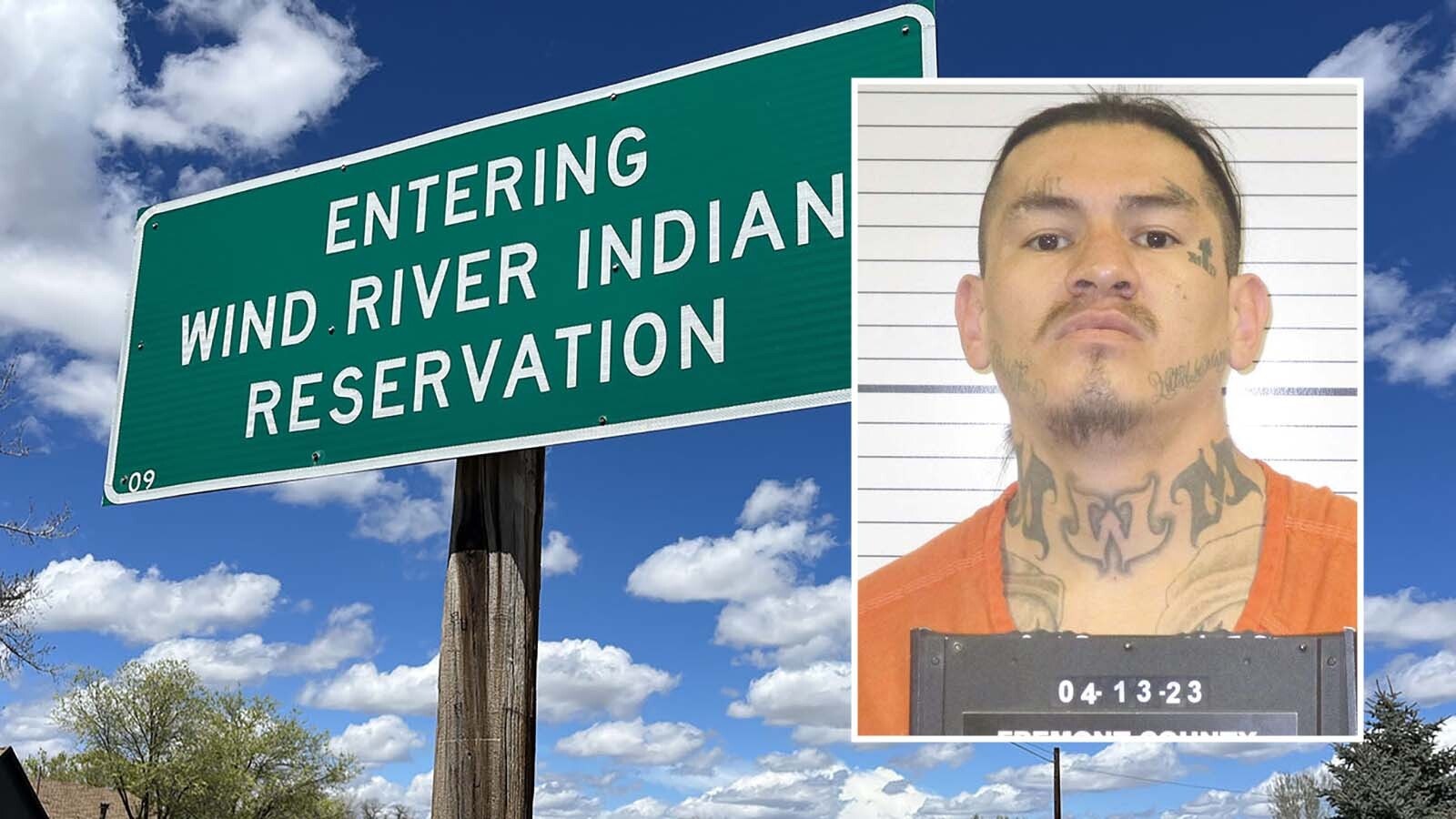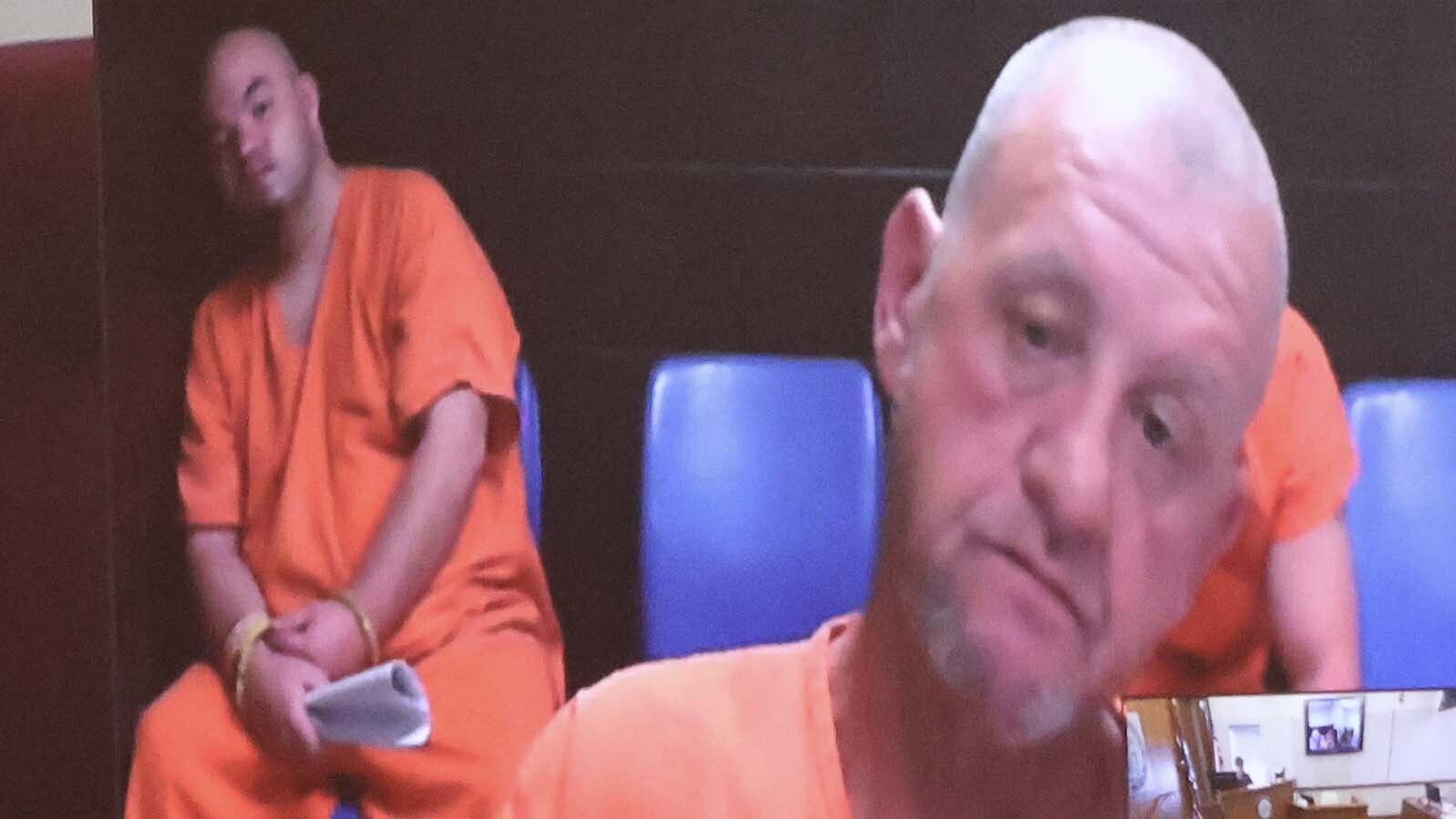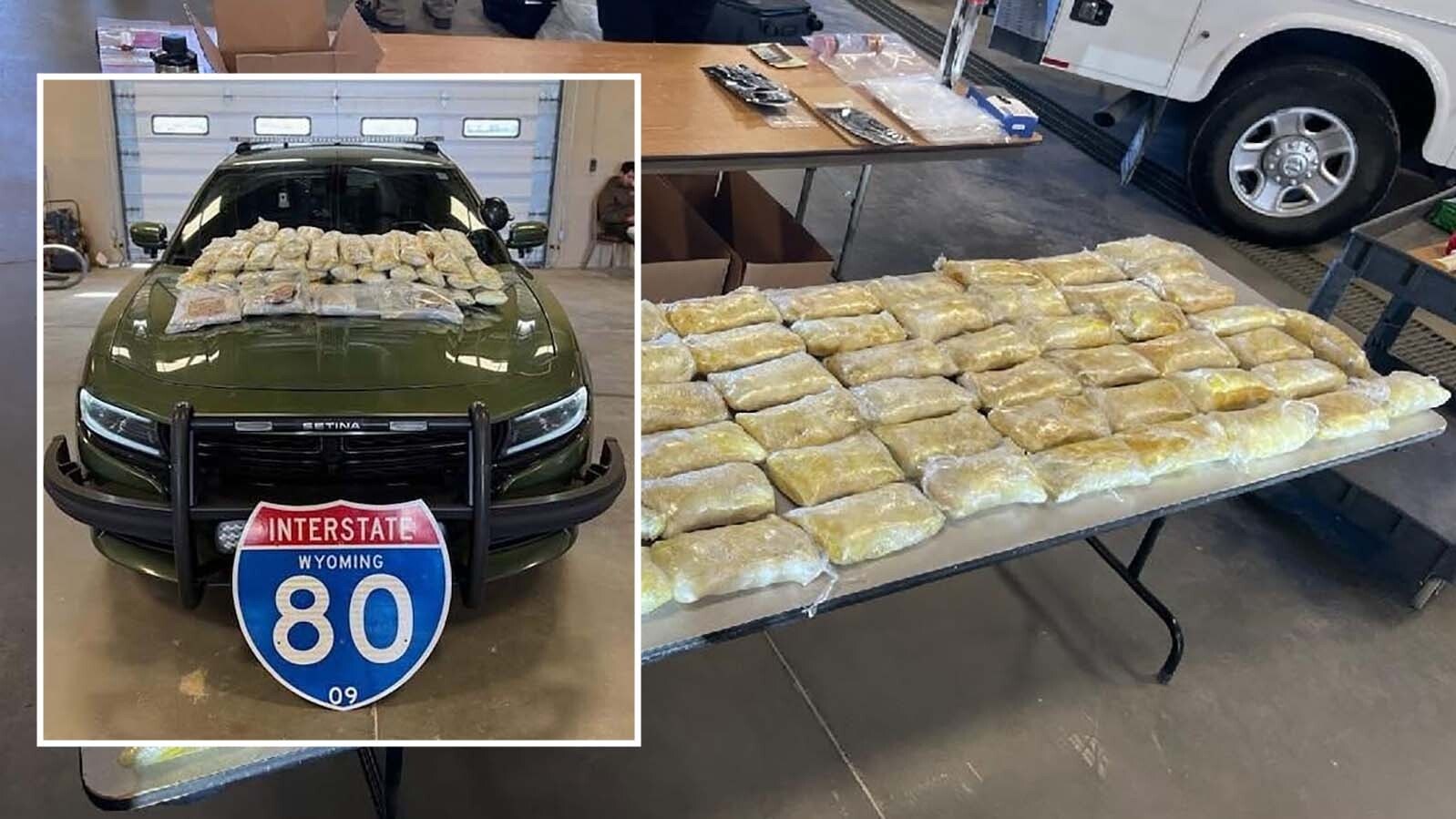Update: This story was updated Wednesday afternoon to include a post-publication comment by the Northern Arapaho Business Council.
The Wyoming Supreme Court upheld a jury and judge's rulings against the Northern Arapaho Tribe stemming from a years-long lawsuit by the tribe against its former attorneys, in which the tribe had failed to convince a jury the attorneys misappropriated $5.5 million in tribal money.
A Fremont County jury ruled correctly last year that the Northern Arapaho Tribe's longtime former attorneys —Lander-based Baldwin, Crocker & Rudd (BCR), and Kelly Rudd — did not wrongfully take money from the tribe with their billing practices, says a Tuesday order penned by Wyoming Supreme Court Justice John Fenn on behalf of all the justices.
The order also says that state District Court Judge Thomas Campbell ruled correctly much earlier in that same 2019 lawsuit, when he denied the tribe's executive governing branch, the Northern Arapaho Business Council (NABC), a full accounting of BCR's exchanges with tribal money.
The high court noted the NABC already had approved the attorneys' expenditures and already had received an accounting of it from a consultant who helped the tribe part ways with the law firm.
The two disputes arise from a 2019 lawsuit the tribal government waged when it cut ties with BCR and hired new lawyers. The tribe also accused BCR of taking money and withholding documents. Thomas let only a portion of the lawsuit go to trial, and then the trial ruled in BCR's favor, not the tribal government's.
"We have proven to a jury and now the Supreme Court that claims made against us when the Northern Arapaho Business Council terminated our contract were absolutely false," reads a Tuesday statement by BCR attorney Andy Baldwin. "The unanimous Supreme Court confirmed what the 12-person jury said: BCR worked hard, achieved great results, accounted for every dollar of the Tribe's trust funds, and were open and fair with our bills.
“We wish the Tribe the best in its ongoing efforts to strengthen tribal government."
The NABC said it "strongly disagrees" with the high court's decision regarding BCR's "conduct."
"We are proud to have fought for the Arapaho people and the responsible use of Tribal funds, and will always take whatever actions necessary to hold Tribal representatives accountable and protect our sovereignty," said the NABC.
During the trial on this case last year, the tribe's expert had claimed the attorneys' broad billing methods were outside the standard of care for the profession.
No Wrist Slap Though
But the high court reversed Campbell's ruling disciplining the tribe's new lawyers for making false claims in court because the new lawyers didn't have enough time to correct the falsehood.
The NABC in its original lawsuit complaint accused BCR of refusing to give back about $1 million in tribal money.
This couldn't have been true when NABC alleged it, Campbell ruled, and he disciplined the tribe's attorneys under Wyoming's Rules of Civil Procedure.
BCR's attorney should have given the tribe more notice of the call for discipline and more time to correct the false complaint, says the high court's order.
Some Background
The Northern Arapaho Business Council (NABC) in June 2019 accused its former attorneys of spending too much of the tribe's money and of overbilling.
These allegations emerged around the same time Atlanta-based law firm Kilpatrick, Townsend and Stockton (KTS) started doing work for the tribe.
BCR raised red flags, saying KTS had conflicts of interest barring it from working with the tribe under its policy: an association with a defendant in the opioid lawsuit the tribe was waging, and the keeping of an attorney, Larry Roberts, who had signed an executive order while working in government that harmed the tribe's own court of law.
Northern Arapaho Business Council is the tribe's six-person executive branch. Most of its members felt BCR was interfering with the new lawyers to protect the tribe's casino manager, on whom the new lawyers were supposed to conduct a job evaluation.
The NABC voted to repeal its legal affairs policy that barred conflicts of interest in legal counsel.
Then it cut ties with BCR, voting in early June to terminate the law firm's contract.
The tribe's new KTS attorney, Keith Harper, hosted a public YouTube meeting in August 2019 telling tribal members the BCR lawyers were not to be trusted.
Tribal members met five days later and, in a voting democracy consisting of every adult member of the tribe known as the General Council, voted to never work with BCR again.
Harper's public claims became the subject of a federal defamation case that was settled in BCR's favor.
Watch Out For Race Cards
BCR couldn't countersue the tribal government in the case that Judge Campbell oversaw because Campbell ruled early on that to do so would violate the tribe's sovereign immunity as a governmental entity.
But BCR pulled what it called relevant context into the July 2022 trial, insisting that KTS took over the tribe's favor by playing a race card, saying tribal members couldn't trust white lawyers and needed American Indian lawyers instead.
Justice Fenn said this context wasn't proper to the civil charge the tribe was trying to prove of "civil conversion;" in essence, over-billing.
But the tribal government did not object to the raciallycharged evidence as BCR presented it in court, says the high court's ruling.
Also, the ruling continues, the tribe still failed to show BCR committed any theft and on appeal, failed to show that the racially charged discussions in court prevented it from receiving a fair ruling from the jury.
"The Tribe failed to meet its burden," the ruling says. "Although certain NABC members expressed dissatisfaction with the format of BCR's bills, none of these witnesses offered any evidence BCR was paid for the work it did not perform."
BCR used block billing, a vague billing system throughout some of its work with the tribal government. BCR had used a more specific line-item billing method earlier on, but switched due to tribal leaders' concerns that that revealed which tribal members were receiving which legal services — and that that information was then leaked.
Lastly, the ruling says BCR's claims that the new lawyers used their indigenous roots to poison the tribal government's relationship with its lawyers of three decades "disparaged" KTS, not the tribal government.
Clair McFarland can be reached at clair@cowboystatedaily.com.





